
Lady Margaret Hall (LMH) is one of the constituent colleges of the University of Oxford in England, located on a bank of the River Cherwell at Norham Gardens in north Oxford and adjacent to the University Parks. The college is more formally known under its current royal charter as "The Principal and Fellows of the College of the Lady Margaret in the University of Oxford".

St Hilda's College is one of the constituent colleges of the University of Oxford in England. The college is named after the Anglo-Saxon saint Hilda of Whitby and was founded in 1893 as a hall for women; it remained a women's college until 2008. St Hilda's was the last single-sex college in the university as Somerville College had admitted men in 1994. The college now has almost equal numbers of men and women at both undergraduate and postgraduate level.
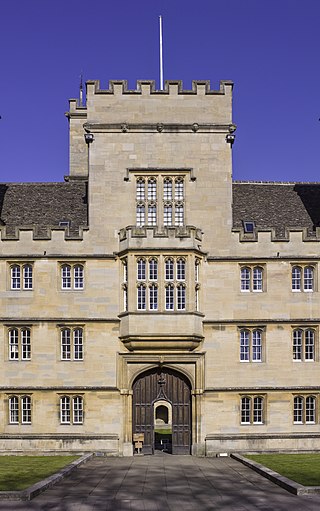
Wadham College is one of the constituent colleges of the University of Oxford in the United Kingdom. It is located in the centre of Oxford, at the intersection of Broad Street and Parks Road. Wadham College was founded in 1610 by Dorothy Wadham, according to the will of her late husband Nicholas Wadham, a member of an ancient Devon and Somerset family.

Sir Henry Walford Davies was an English composer, organist, and educator who held the title Master of the King's Music from 1934 until 1941. He served with the Royal Air Force during the First World War, during which he composed the Royal Air Force March Past, and was music adviser to the British Broadcasting Corporation, for whom he gave commended talks on music between 1924 and 1941.

The Marlboro Music School and Festival is a retreat for advanced classical training and musicianship held for seven weeks each summer in Marlboro, Vermont, in the United States. Public performances are held each weekend while the school is in session, with the programs chosen only a week or so in advance from the sixty to eighty works being currently rehearsed. Marlboro Music was conceived as a retreat where young musicians could collaborate and learn alongside master artists in an environment removed from the pressures of performance deadlines or recording. It combines several functions; Alex Ross describes it as functioning "variously as a chamber-music festival, a sort of finishing school for gifted young performers, and a summit for the musical intelligentsia".

The King's Arms is one of the main student pubs in Oxford, England. It claims to be the oldest pub in Oxford.

Norham Gardens is a residential road in central North Oxford, England. It adjoins the north end of Parks Road near the junction with Banbury Road, directly opposite St Anne's College. From here it skirts the north side of the Oxford University Parks, ending up at Lady Margaret Hall, a college of Oxford University that was formerly for women only, backing onto the River Cherwell. Public access to the Parks is available from the two ends of the road. To the north of the road are Bradmore Road near the western end and Fyfield Road near the eastern end.
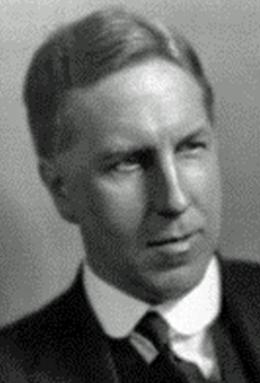
Thomas Frederick Dunhill was a prolific English composer in many genres, though he is best known today for his light music and educational piano works. His compositions include much chamber music, a song cycle, The Wind Among the Reeds, and an operetta, Tantivy Towers, that had a successful London run in 1931. He was also a teacher, examiner and writer on musical subjects.
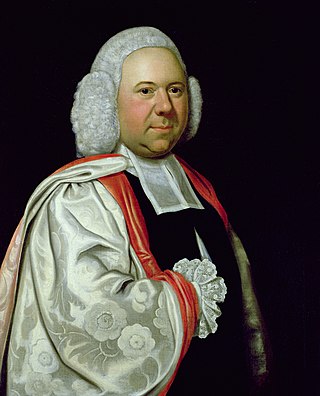
William Hayes was an English composer, organist, singer and conductor.

Ernest Walker was an Indian-born English composer and writer on music, as well as a pianist, organist and teacher.
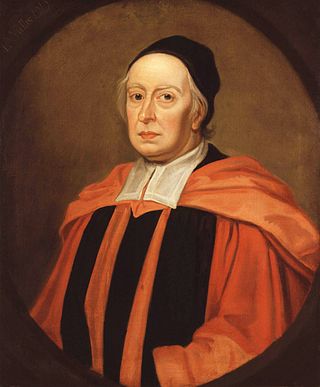
The position of Keeper of the Archives at the University of Oxford in England dates from 1634, when it was established by new statutes for the university brought in by William Laud. The first holder of the post was Brian Twyne, who prepared an index of the archives in 1631 as part of the preparatory work for the statutes: he was appointed Keeper of the Archives as a reward for his work. The archives were moved from the University Church of St Mary the Virgin into the Tower of the Five Orders in the Bodleian Library under Twyne and his successor, and some of the storage cupboards built at that time are still in use. The archives include charters, title deeds, university registers and records, and other official documentation from the university. Most of the material dates from the 19th and 20th centuries, with few photographs and no sound or video recordings.

The Kutcher String Quartet was founded by its first violinist, Samuel Kutcher (1898-1984), who had by 1922 established himself as an accomplished solo artist and the previous year been a member of the Philharmonic String Quartet, playing second violin, along with Frederick Holding, E. Thomlinson (viola) and Giovanni Barbirolli (cello).
The Busch Quartet was a string quartet founded by Adolf Busch in 1919 that was particularly noted for its interpretations of the Classical and Romantic quartet repertoire. The group's recordings of Beethoven's Late String Quartets are especially revered.

Helena Clara Deneke (1878–1973) was a British Germanist at Oxford University. She was an enthusiast for women's suffrage and for the Women's Institutes. She was "something of a legend in the Oxford of her day".

The Holywell Music Room is the city of Oxford's chamber music hall, situated on Holywell Street in the city centre, and is part of Wadham College. It is said to be the oldest purpose-built music room in Europe, and hence Britain's first concert hall.
Roger Fiske was a musicologist, broadcaster and author who played an important part in establishing music for schools at the BBC during and after World War II.
Henry Charles Banister was an English composer, music theorist and author.
John Henry Mee was a Oxford clergyman, composer and author on musical subjects.
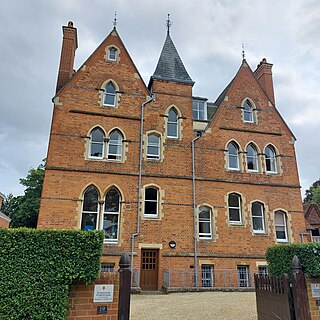
Gunfield is a large detached Gothic Revival house in Norham Gardens, North Oxford, a Victorian suburb of Oxford, England. It was designed by the architect Frederick Codd (1799–1881) and completed in 1877. It is located on the Norham Manor estate, backing onto the University Parks, at the junction of Norham Gardens and Fyfield Road, close to Lady Margaret Hall, an Oxford college. The house was Grade II listed in 1992.

Margaret Clara Adele Deneke (1882–1969) was an English pianist, musicologist, choirmaster, and benefactor.
















